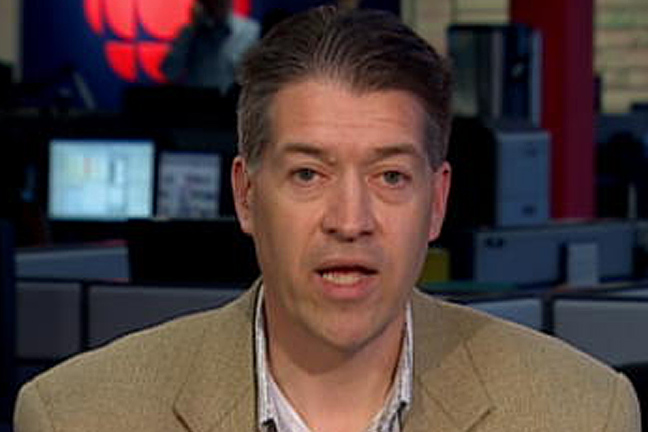
Agricultural News
COOL Having a Negative Impact on North American Cattle Industry, Masswohl Says
Thu, 06 Feb 2014 16:00:59 CST

The recently passed farm bill did nothing to change the COOL regulations implemented by the USDA last fall. Among the long-time opponents of those regulations have been Canadian cattlemen who believe the rules will unfairly hamper the marketing of their product in the U.S. John Masswohl, the director of governmental and international relations with the Canadian Cattlemen's Association tells Radio Oklahoma's Ron Hays the failure to address COOL in the farm bill was a disappointment. (You can hear their conversation by clicking on the LISTEN BAR at the bottom of this story.)
"Basically it was a missed opportunity to do something to resolve the issue. It's status quo, so we're going to continue on our path which is we're back to the WTO. That process started back in September where the compliance panel was composed. Since that time there have been submissions of written briefs. There's now an oral hearing that's going to be about two weeks from now. And then I guess we'll wait about four months to get a ruling on that."
The crux of the matter with COOL, Masswohl said, "is that it creates the requirement that packers and people who buy cattle in the United States have to segregate imported cattle, keep them separate from U.S. cattle and manage them separately so that, ultimately, the meat can be labeled differently.
"That really was the essence of what the WTO concluded was wrong with the COOL. I know people here have tried to suggest that there was another issue that somehow there was some other issue that was addressed by this regulation change, but if you actually read the ruling and see what it's about, it's hard to conclude that the U.S. is now in compliance with this change that was made."
If the WTO concludes that the USDA's COOL regulation is not in compliance, there has been the suggestion that Canada and Mexico will have no recourse but to retaliate against products originating in the United States.
"The government of Canada has already published a list of products," Masswohl said. "Beef is on it. Pork is on it. There are also other things on it. There are cakes, cookies, a lot of baked goods. There are some fresh fruits. I think cherries are on there.
"What they've tried to do is look at who the Congressman and Senators have been who have not supported resolving this case. And I think those Congressman and Senators will find that there are things from their states that are on this list. But there are also things that are non-agricultural like mattresses, furniture and a few other things."
Masswohl said the impact of COOL on Canadian cattlemen is calculated at about $640 million per year. The hog sector estimates about $500 million. He says the impact on Mexico is about the same so the total impact of COOL on North American countries alone is about $2 billion per year.
Already, Masswohl said , the rule is having an impact. Cattle production is down about 20 percent since the rule went into effect. He said exports of Canadian beef to the U.S. increased from last year to this year, but the makeup of those exports has been radically altered.
"Normally, in any given year, about two-thirds to three-quarters of what we ship are finished cattle, fed cattle ready for slaughter. That portion has really dropped significantly. It's only maybe about a third of last year. We sent a lot more feeder cattle and cull cows as well. So, we're seeing those differences."
Masswohl said the solution he favors is to return to the way things were before COOL where cattle producers in Canada, Mexico and the United States worked more cooperatively and collaboratively as they did in the past.
"I think that all COOL has achieved is a reduction in the North American cattle herd and has really created opportunities for other countries to ship beef into North America."
WebReadyTM Powered by WireReady® NSI
Top Agricultural News
More Headlines...




















